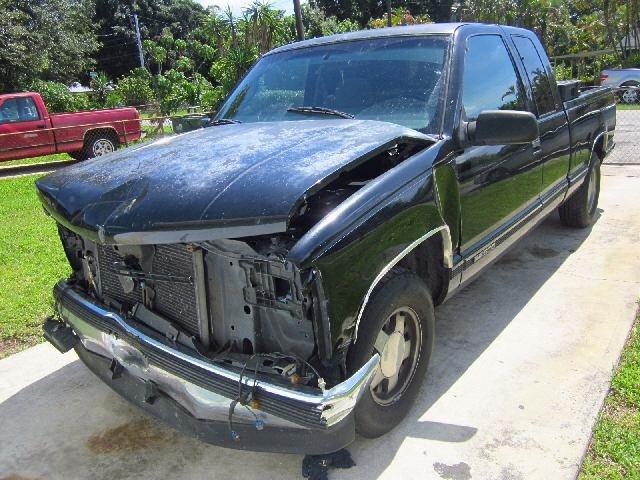 There is a reason why the following inquiry is a standard interrogatory for personal injury cases in the Florida Rules of Civil Procedure:
There is a reason why the following inquiry is a standard interrogatory for personal injury cases in the Florida Rules of Civil Procedure:
Did you consume any alcoholic beverages or take any drugs or medications within twelve hours before the time of the incident described in the complaint? If so, state the type and amount of alcoholic beverage, drugs or medication which were consumed and when and where you consumed them.
While excessive alcohol consumption can support a claim for punitive damages — see this blog:, Special Considerations in Florida Motor Vehicle Crash Cases Involving Alcohol (DUI) — evidence of alcohol use, even short of “voluntary intoxication,” can be relevant to the issue of simple negligence. It’s application is not limited to vehicle accident cases.
The Florida Supreme Court decided long ago that evidence of a person being under the influence of intoxicants at the time of an automobile collision is admissible, on the theory that a driver so exhilarated is likely to be abnormally reckless. Taylor v. State, 46 So.2d 725 (Fla., 1950). It is valuable and useful to corroborate or render more likely, evidence that is doubtful or disputed. Smith v. State, 65 So.2d 303 (Fla., 1953).
Continue reading
 Florida Injury Attorney Blawg
Florida Injury Attorney Blawg









